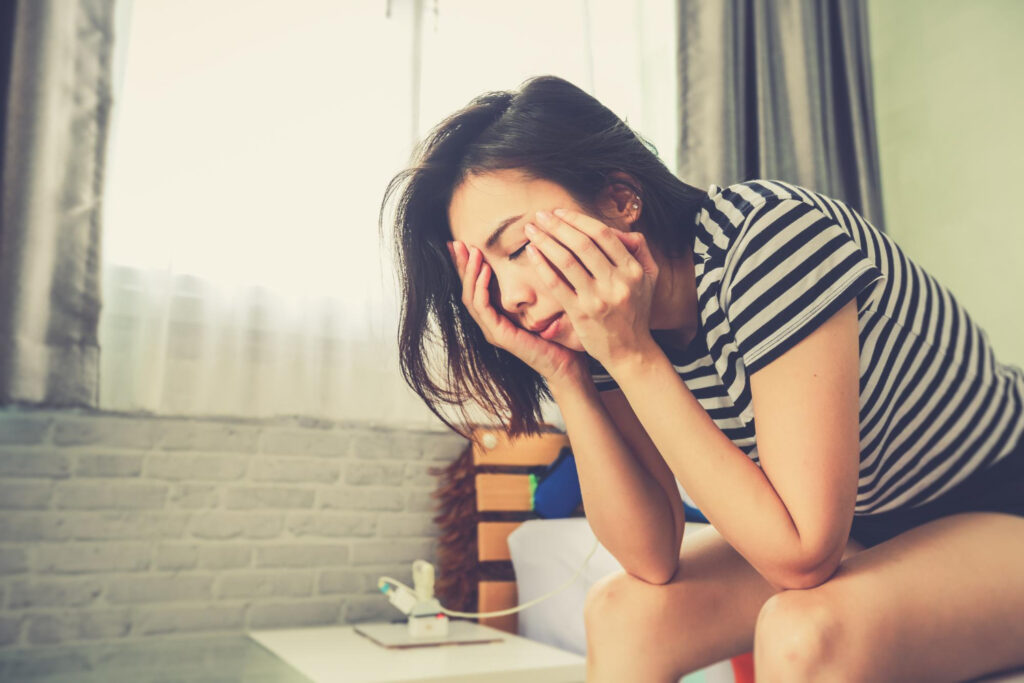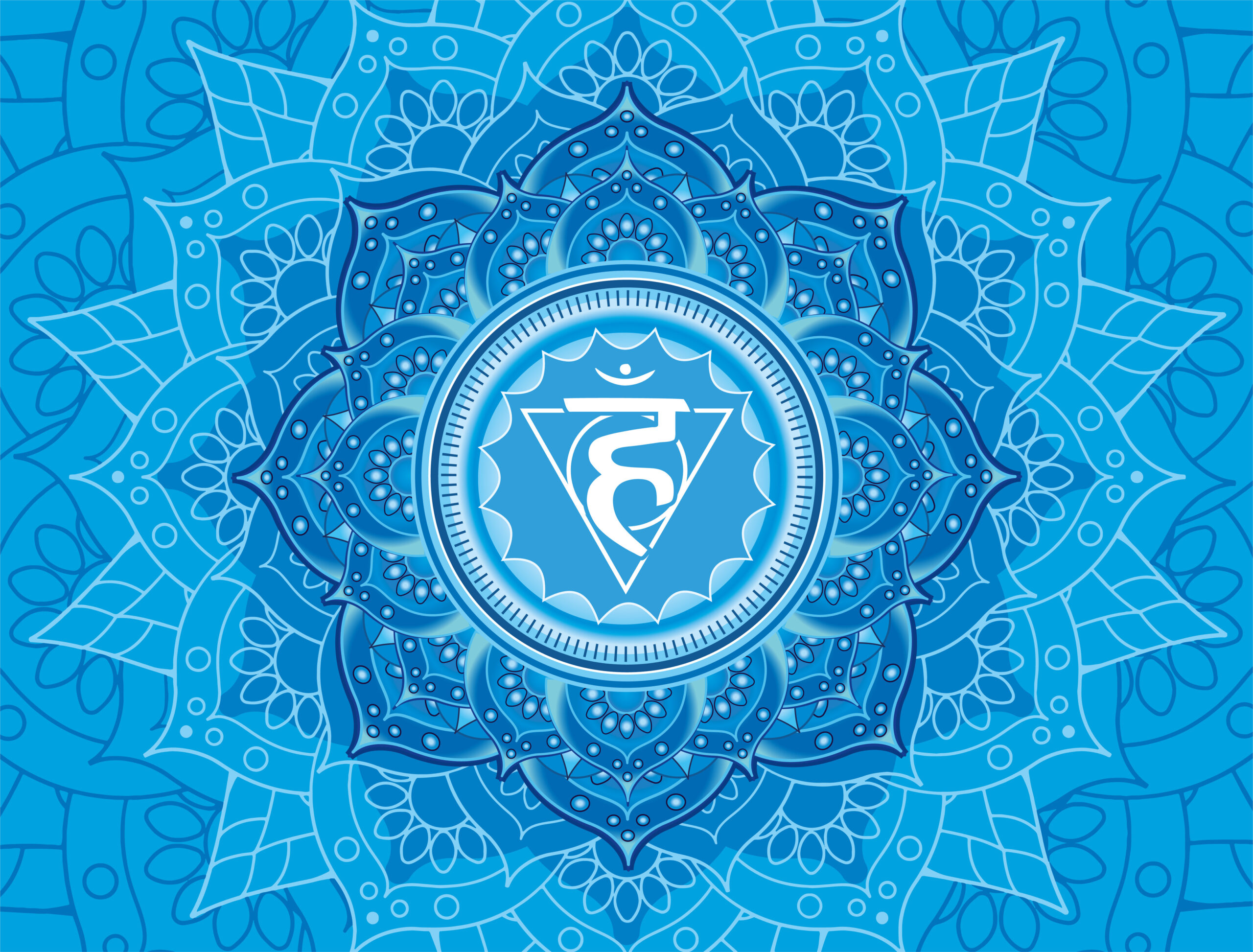Hangxiety, or the feeling of anxiety after a night of heavy drinking, is a phenomenon that many people have experienced. It can leave you feeling on edge, regretful, and overwhelmed. But what exactly causes hangxiety? Is it simply a result of a bad hangover, or is there something more going on? In this article, I will delve into the science behind hangxiety, exploring the connection between alcohol and anxiety, the symptoms of hangxiety, factors that contribute to it, coping strategies, seeking professional help, preventing hangxiety, and personal experiences with this perplexing phenomenon.
What is Hangxiety?
Hangxiety, a portmanteau of “hangover” and “anxiety,” refers to the experience of heightened anxiety and unease after a night of heavy drinking. It is commonly characterized by feelings of restlessness, guilt, worry, and a general sense of unease. While hangovers are typically associated with physical symptoms such as headaches and nausea, hangxiety focuses on the emotional aftermath of alcohol consumption.
The Science Behind Hangxiety
The exact science behind hangxiety is not yet fully understood, but there are several theories that shed light on why some individuals experience this phenomenon. One theory suggests that alcohol disrupts the balance of neurotransmitters in the brain, particularly the gamma-aminobutyric acid (GABA) and glutamate systems. GABA is an inhibitory neurotransmitter that helps to calm the brain, while glutamate is an excitatory neurotransmitter that stimulates brain activity. Excessive alcohol consumption can suppress GABA and increase glutamate levels, leading to increased anxiety and restlessness.
Another theory points to the impact of alcohol on sleep. Alcohol is known to disrupt the sleep cycle, preventing the brain from entering the deeper stages of sleep. This can result in poor sleep quality and increased feelings of anxiety the next day. Additionally, alcohol can cause dehydration, which can further exacerbate feelings of anxiety and unease.

The Connection Between Alcohol and Anxiety
Alcohol and anxiety often go hand in hand, with many individuals turning to alcohol as a means of self-medication for their anxiety symptoms. While alcohol may provide temporary relief, it ultimately worsens anxiety in the long run. Alcohol is a depressant that affects the central nervous system, leading to a temporary decrease in anxiety symptoms. However, as the alcohol wears off, the brain rebounds, causing a surge in anxiety symptoms. This rebound effect can be particularly intense for individuals who already struggle with anxiety disorders.
Furthermore, excessive alcohol consumption can lead to a vicious cycle of anxiety and alcohol dependence. Individuals may turn to alcohol to alleviate their anxiety symptoms, but the temporary relief is short-lived. Over time, they may develop a tolerance to alcohol, requiring higher quantities to achieve the same level of relief. This cycle can lead to increased anxiety and a dangerous reliance on alcohol as a coping mechanism.
Hangxiety Symptoms
Hangxiety can manifest in various ways, and the severity of symptoms can vary from person to person. Common symptoms include feelings of restlessness, irritability, guilt, racing thoughts, increased heart rate, sweating, and a general sense of unease. Some individuals may experience panic attacks or intrusive thoughts that can interfere with their daily functioning. These symptoms typically peak the day after heavy drinking and may gradually subside over the next few days.
Factors that Contribute to Hangxiety
Several factors can contribute to the intensity and frequency of hangxiety. Firstly, individual differences in brain chemistry and sensitivity to alcohol play a significant role. Some individuals may be more prone to experiencing hangxiety due to genetic predispositions or underlying mental health conditions. Additionally, the amount and frequency of alcohol consumed, as well as the speed at which it is consumed, can influence the likelihood of experiencing hangxiety.
External factors such as stress, social situations, and personal circumstances can also contribute to hangxiety. Alcohol is often consumed in social settings, and the pressure to fit in or manage social anxiety can increase the likelihood of experiencing anxiety. Furthermore, the consequences of alcohol-induced behavior, such as embarrassing or regrettable actions, can contribute to feelings of anxiety and guilt the next day.
Coping Strategies for Hangxiety
If you find yourself experiencing hangxiety, there are several coping strategies that can help alleviate symptoms and promote emotional well-being. Firstly, practicing self-care is crucial. Engaging in activities that promote relaxation, such as deep breathing exercises, meditation, or taking a walk in nature, can help calm the mind and reduce anxiety.
It is also important to stay hydrated and replenish your body with nutritious foods. Alcohol can deplete essential vitamins and minerals, exacerbating feelings of anxiety. Eating a balanced diet and staying hydrated can help restore your body’s equilibrium and support your mental health.
Engaging in healthy coping mechanisms, such as talking to a trusted friend or therapist, journaling, or engaging in creative outlets, can help process emotions and gain perspective. Avoiding excessive caffeine and other stimulants can also help reduce anxiety symptoms.
Seeking Professional Help for Hangxiety
If hangxiety becomes a persistent and debilitating issue in your life, it is important to seek professional help. A mental health professional can help you explore underlying causes of anxiety, develop coping strategies, and provide support throughout your journey. They may recommend therapy, such as cognitive-behavioral therapy (CBT), which can help you identify and challenge negative thought patterns and develop healthier coping mechanisms.
In some cases, medication may be prescribed to manage anxiety symptoms. It is important to consult with a healthcare professional to determine the most appropriate course of treatment for your specific needs.
Preventing Hangxiety
While it may not be possible to completely prevent hangxiety, there are steps you can take to minimize its occurrence. Moderating your alcohol intake and practicing responsible drinking is key. Set limits for yourself and be mindful of how alcohol affects your emotional well-being. Alternating alcoholic beverages with non-alcoholic ones can help pace your consumption and reduce the likelihood of experiencing hangxiety.
It is also important to pay attention to your mental health and address any underlying anxiety or stressors. Engaging in stress management techniques, such as exercise, mindfulness, and seeking support from loved ones, can help build resilience and reduce the impact of hangxiety.
Personal Experiences with Hangxiety
Many individuals have shared their personal experiences with hangxiety, highlighting the impact it can have on their lives. Some have described feeling a sense of dread and regret after a night of heavy drinking, and the struggle to manage overwhelming anxiety the next day. Others have shared their journey of seeking professional help and finding effective coping strategies to manage hangxiety.
These personal stories serve as a reminder that hangxiety is a common and valid experience, and that there is hope for managing its symptoms and finding emotional well-being.
Conclusion
Hangxiety is a complex phenomenon that stems from the interplay between alcohol and anxiety. While the exact science behind it is still being explored, it is clear that excessive alcohol consumption can disrupt the delicate balance of brain chemistry, leading to heightened anxiety symptoms. Understanding the connection between alcohol and anxiety, as well as implementing healthy coping strategies and seeking professional help when needed, can help individuals navigate the challenges of hangxiety. By prioritizing mental health and practicing responsible drinking, we can work towards minimizing the impact of hangxiety and promoting overall well-being.
Related Post
Finding Peace Within: Harnessing the Power of Mindfulness to Overcome Anxiety and Depression
3 Misconceptions About Anxiety: Separating Fact from Fiction















